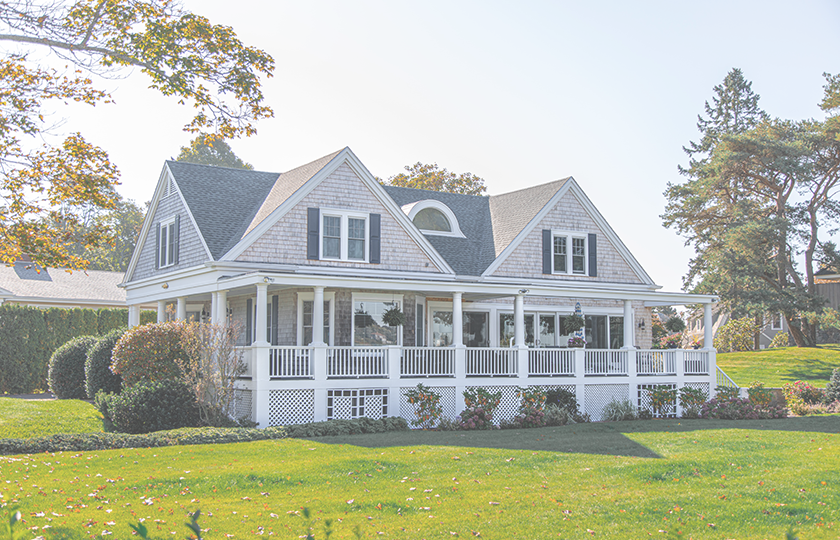Recently, falling interest rates have caused many homeowners to ask themselves, “Should I refinance my mortgage?” But, what exactly happens when you refinance your mortgage? And why do people do it? One of the major reasons people refinance their mortgage is to lower their interest rate in order to reduce their monthly payment and free up more cash in their budgets. Other reasons can include shortening their loan term or switching from an adjustable-rate mortgage to a fixed-rate mortgage.
However, keep in mind that refinancing a mortgage is the same as getting a new mortgage and comes with closing costs, which are fees and expenses paid to the lender in order to complete the transaction. In order to determine whether or not to refinance your mortgage, you need to do some calculations. First, figure out how much the closing costs will be and how long it will take you to recoup the amount. This is good to know because if, for example, you plan on moving soon, refinancing may not be the best option if you will be selling your home before you have broke even on the closing costs. You can calculate how long it will take by taking the closing amount and dividing it by the amount you expect to save each month, the quotient is how many months it will take to break even.
Another thing to consider is if you are going to save money on the total cost of the mortgage once the loan has matured. You will need to know how much you have paid towards your current mortgage and determine how much of that has gone towards your principal. Once you know how much you still owe on the principal, you can then calculate the total cost of your new mortgage, principal plus interest. If you add that together with the total you have already paid towards you current mortgage and the amount is more than the total cost of your original mortgage, you are better off not refinancing. You can use a simple mortgage calculator to determine how much your new mortgage will cost.
Now, let’s say you have done the math and decided that refinancing your mortgage is right for you. You then need to decide what kind of refinance you want to do. You could do a simple rate and term refinance, where you replace the term and rate of your original mortgage with one with a different term, rate, or both. Or, you could choose to do a cash-out refinance. This is when you tap into the equity of your home while also lowering your interest rate. You can borrow against the equity you have in your home already and will receive a check at closing. You can then use the funds to finance a home improvement project, pay off credit card debt, or reserve the extra cash for emergencies. Your new balance will be higher, but you will have more cash on hand.
As you can see, there are loads of options available when it comes to refinancing your home. Get more that one quote and make sure to diligently do your research and the math to find out if refinancing will benefit you in the long run.

